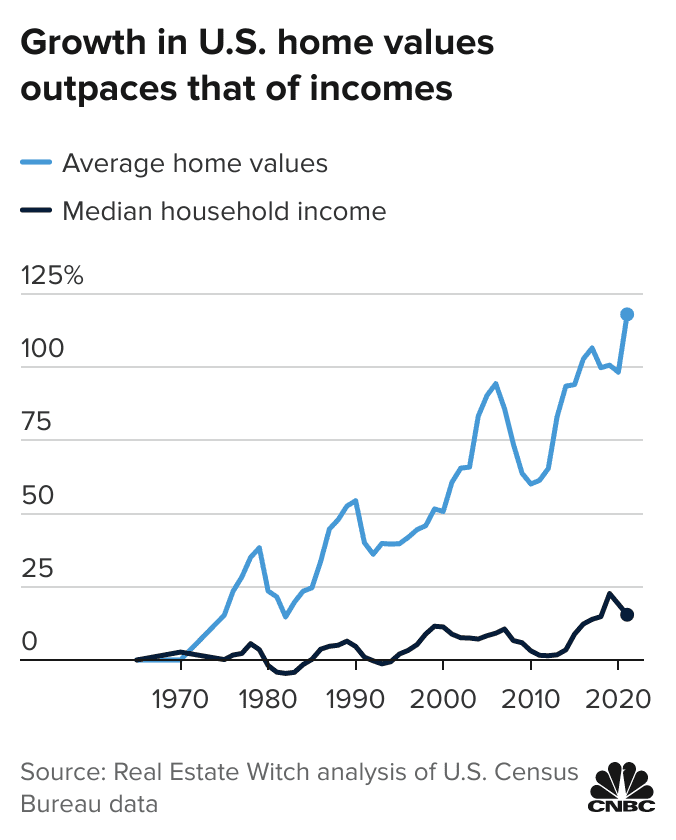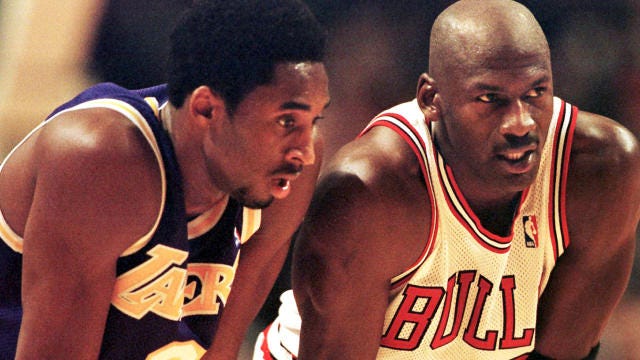We Need To Invest In Younger Generations
The youth are our future, and our economy depends on it.
Earlier this year, I wanted to join a volunteer program to become more involved in the community. Selfishly, I desired something mutually beneficial. A program that helped me grow while helping others. Something that felt like a hobby and not work. I landed on a youth mentorship program.
I always enjoy helping and mentoring others. I tutored in college, served as a camp counselor with my high school sports team, and mentored interns at my first full-time job. I remember being younger and having people I admired. I held onto every word they said, sought their advice, and often, wanted my actions to be validated by them. Having mentors who positively influenced me, made a youth mentorship program feel right. I hoped to emulate them.
Beginning the program, I heard about the issues and stigmas around today’s youth. They were trendy, chronically online, love memes, and their vocabulary includes plenty of slang, some fun. It is one thing to hear about the issues and another to see and live it. I am 25, and mentoring those in their early teens allows me to see the full spectrum. It is not easy. Some lack mentors while others wonder about their reasonable aspirations in this economy.
Despite this, the mentorship has an impact. Sometimes we go to the library to read and do math, play soccer and throw the football, or share a greasy slice of pizza. When someone has an interest in a kid's math or reading skills, things change. They don’t hate it. It’s motivating when someone cares about your future and has expectations of you.
Everyone benefits. We share experiences too. I feel the crunch of rising home prices and the cheap dopamine overload. They experience the infiltration of technology everywhere, try to build lifelong friendships, and wrestle with the rising cost of higher education.
The pictures painted around younger generations are not pretty, either. Gen Alpha is toast thanks to a screen addiction from birth. Gen Z can’t cope with life or hold a job. Gen Z no longer wants to work. Gen Alpha speaks in slang and can’t communicate effectively. It is Gen Z this. Gen Alpha that. Both generations are painted as the worst generation.
Younger generations are grappling with a world innovating at an extraordinary pace. Unlike previous generations, they face unprecedented challenges: owning a home has never been more expensive, finding an identity in an online world, the rise of AI, soaring education costs, and restrictive acceptance rates. Our environment has changed drastically – our food, activity levels, technology, and social networks– while our genes have remained unchanged. Young generations have to move differently.
Housing is now viewed as an investment. It was meant to be a symbol of the American dream, not an investment vehicle. Companies pump money into AI and tech rather than investing in their people. Admission rates for prestigious colleges only go lower. Public schools are underfunded, and third places are lacking.
We no longer have mentorships and apprenticeships to support the youth and their passions. The Medici family supported Galileo. Jordan mentored Kobe. Maya Angelou mentored Oprah. Warren Buffet learned from Benjamin Graham. The issues brought to light exist, but solutions and reflections are rarely offered on how to avoid them.
We need to invest in younger generations, not ridicule them. Whatever happened to building a better future for our youth? The mentality of "I had it worse at one point so you should too" is bad. Instead, Shane Koyczan, a Canadian poet, offers a better mentality,
“We must believe like the seed that change is possible. The seed never sees the flower.”
Change is possible. Humans are innovative. It requires defining how to invest in younger generations. There is apprehension. Why invest in something else when the S&P 500 gives 10% yearly? Why worry about the widening inflation-adjusted gap between median home prices and median household income? Why care about the rising costs of higher education?
“A society grows great when old men plant trees in whose shade they will never sit.”
—Greek Proverb
Generational tensions are present. Older generations worry about younger generations, shouting “They don’t make ‘em like they used to.” But a community works because people are unselfish. A weird belief exists that if I suffered, you should too. It is wrong. It is important to continue to mentor our youth, invest time and money, and allow them to fail in constructive ways. Let them chase interests and afford big investments like higher education while not being crushed by debt. This enables them to get ahead and do things like invest early.
Gen Z is beginning to invest at 19 on average, which is younger than prior generations. It is important to continue this while educating them to be financially literate. It helps to lower levels of debt and raise financial well-being. Youth are now electing to attend colleges in the South, avoiding wildly expensive higher education. It is smart. It avoids straddling themselves in debt while unlocking their future. The expectation of financial independence and career advancement – whether through affordable higher education, trade school, etc. – should be maintained.
In the seventh grade, I got in trouble for clogging the school hallways during class change. My friends and I slowly walked up the stairs to make others late even after a teacher told us to get moving, another dumb thing kids find funny. I was stoic during my scolding from the administration. I called my mom to tell her I had received Saturday school. She picked up the phone and asked if everything was okay. I froze upon hearing her voice. I started crying not because I had gotten in trouble, but because I had let my mom down. I knew she expected better of me and I was a repeat troublemaker. After that, things changed. It was the moment I needed.
Young people rise to their expectations. We can default into not believing or we continue to have social norms to work hard, provide, take care of loved ones, and make something of ourselves. These norms don’t have to dissolve.
We can’t belittle people who are trying to figure out the world. Adapting to life is hard and confusing. Everyone feels it, especially our youth. Coming out of high school and college is not easy. Junior high was anything but smooth! Social media incentivizes us to beat down rather than build up but compassion does wonders.
There are 1.8 Billion youth between the ages of 10 and 24 – the most populous age group in the world. They will have a profound impact. Whether it is positive or negative depends on how we respond to their needs, mentor them, and enable them. The economy is influenced by the quality of our youth and the returns on investment during youth are high. The cost of investment will never be cheaper we might as well invest now.
The future is built by humans. We have a chance to positively influence it.
-Scantron
Appreciate you reading. Would love to hear from you.




As is only becoming more crucial, the answer lies in the "We". As shared social, cultural, religious, and ethnic contexts continue to dissipate, more and more youths will be excluded from people's "we". Ultimately, the strongest intergenerational investment comes from one's parents and family. Those young people with weaker familiar attachments will slide into becoming wards of the state and civil society, institutions with a much lower investment than their families.